When Zohran Mamdani, an Ugandan-born politician of Indian descent who migrated to the United States, emerged victorious as the new Mayor of New York, it became more than just another electoral story from America. His triumph resonated across continents, sparking global conversations on representation, inclusion, and the reawakening of civic trust in politics. For many, Mamdani’s victory symbolised a powerful statement that character, vision, and authenticity still matter in the age of polarisation.
Mamdani’s path to City Hall was anything but easy. As an immigrant, a Muslim, and a progressive voice, he faced a storm of hostility from powerful circles. President Donald Trump and billionaire Elon Musk, among others, were said to have thrown their weight behind his opponents, amplifying fears that his immigrant roots and socialist ideals made him unfit for leadership. Yet, against all odds, Mamdani not only survived the onslaught but emerged stronger, armed with nothing but a clear message of hope, justice, and inclusiveness.
What made Mamdani’s campaign remarkable was not just his defiance of elite power, but his connection with ordinary people. His grassroots outreach, his emphasis on social housing, education, climate action, and racial justice found resonance among New York’s diverse electorate. He spoke to their realities, not to their fears. In doing so, he rekindled faith in participatory democracy, the belief that leadership should reflect the people’s shared struggles and aspirations, not the privilege of a few.
It is no coincidence that Mamdani’s rise echoes that of other reform-minded figures who emerged from outside political establishments. His campaign defied the dominance of corporate funding and media bias, relying instead on volunteerism, small donations, and community-based mobilization. That model reminded the world that authenticity, not affluence, is what truly earns public trust.
Back home in Nigeria, Mamdani’s story holds profound lessons. Our political system remains heavily tilted in favour of the wealthy and the well-connected. Elections are often a contest of money, not merit. The idea of a young, visionary leader without financial backing or godfather support ascending to power still sounds utopian. Yet his victory invites reflection. What if Nigerian politics began to reward credibility over connections? What if the masses recognised their collective power to shape outcomes beyond inducements and ethnic sentiments?
Mamdani’s triumph also reinforces the value of civic enlightenment. His message cut through misinformation because citizens were engaged and aware. In Nigeria, the recurring crisis of leadership is not only about corrupt elites but also about the disempowered electorate that allows manipulation to thrive. Real change begins when citizens see themselves as active participants in governance, not passive observers of elite bargains.
Beyond politics, his story underscores the beauty of diversity as a source of strength. America, despite its contradictions, remains a land where the son of immigrants can become a city’s chief executive. In Nigeria, where diversity often fuels division, Mamdani’s ascent serves as a reminder that inclusion is not a weakness but a path to unity. The more our institutions reflect the country’s social mosaic, the more legitimacy they command.
Abdulhamid Abdullahi Aliyu, Abuja



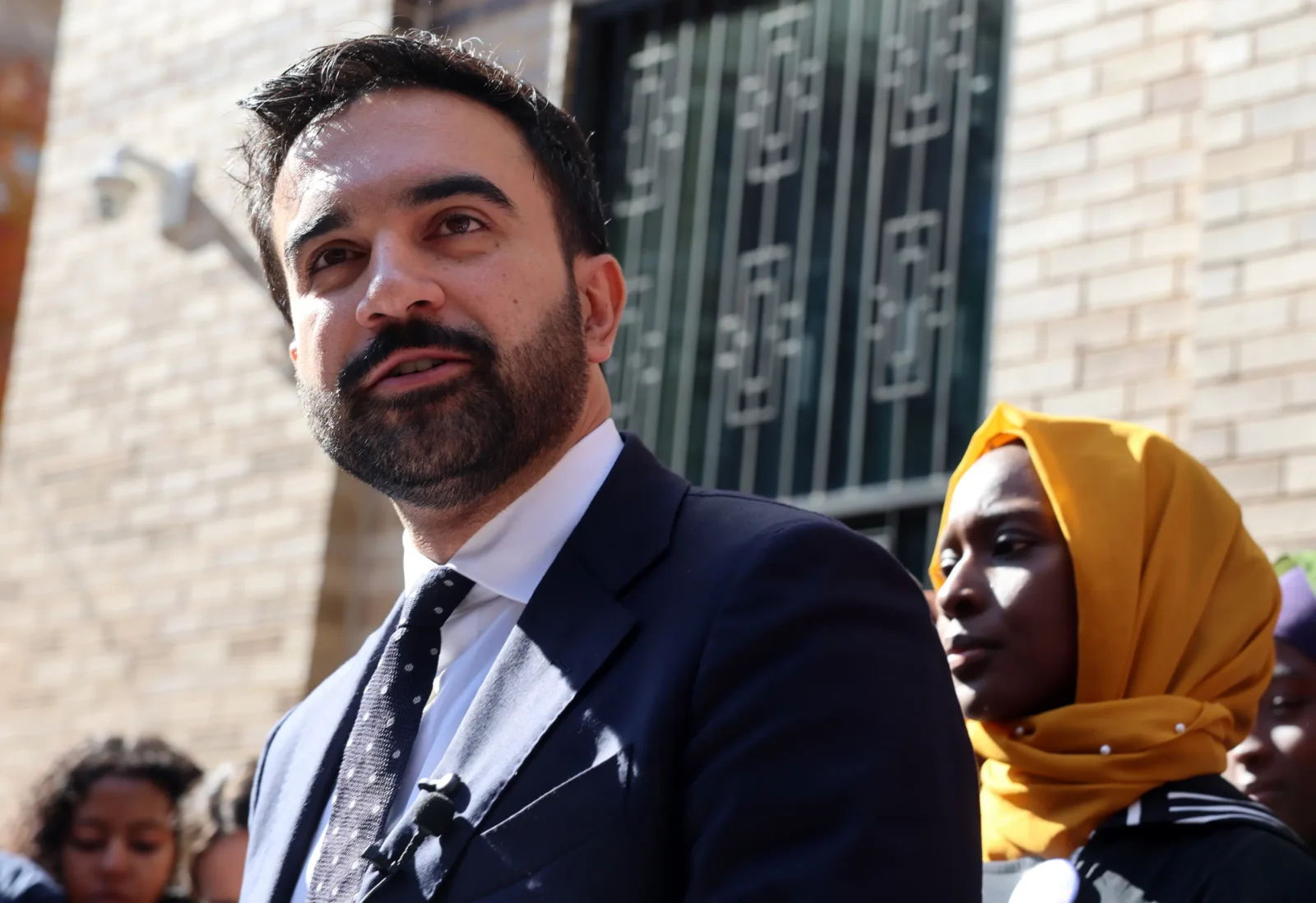

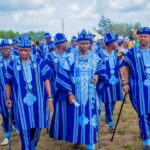
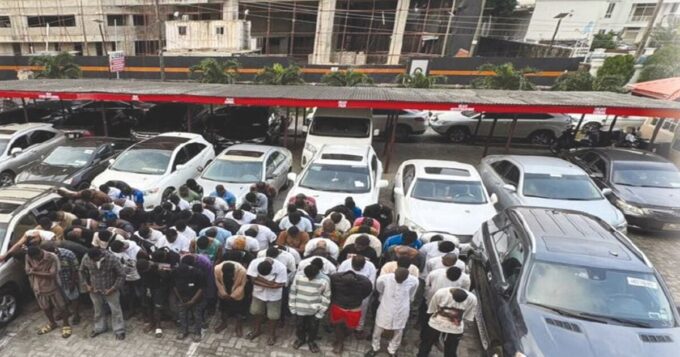


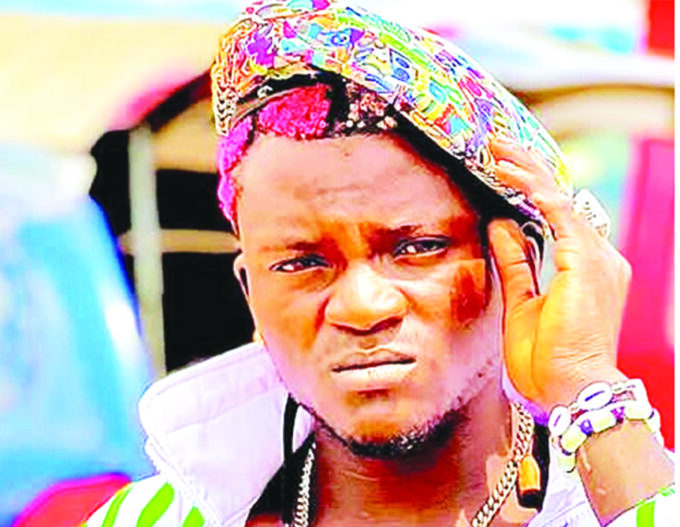

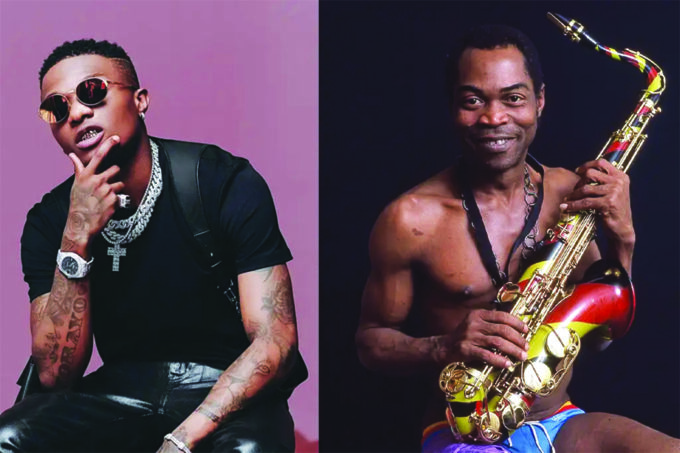
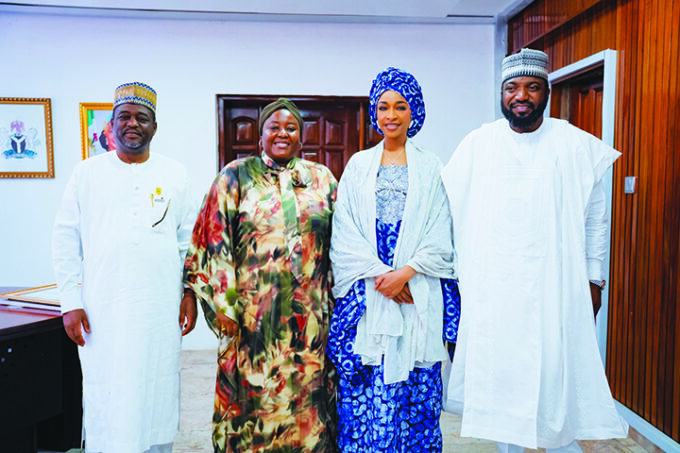


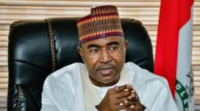


Leave a comment